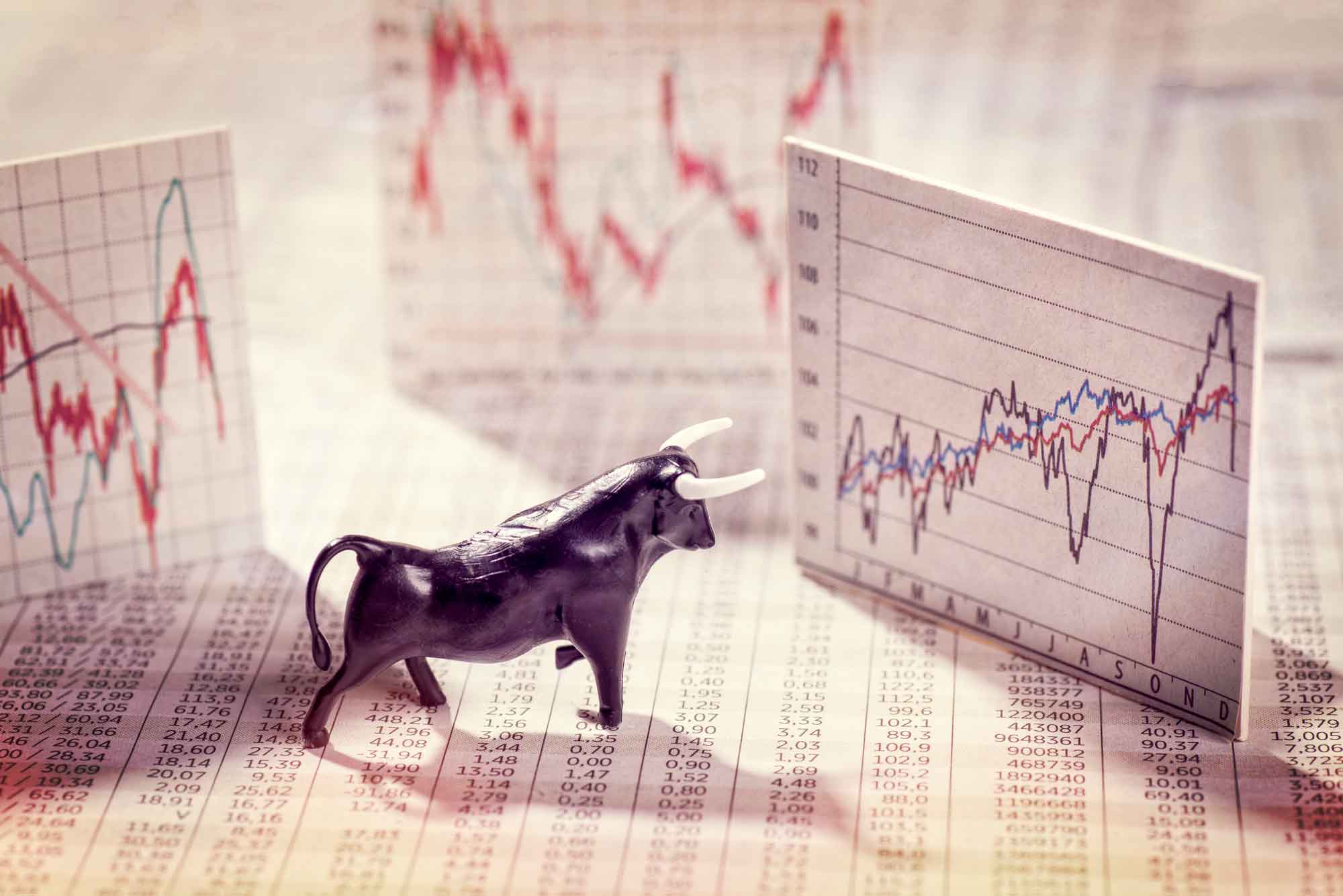
Doug Fabian
Senior Vice President
Summary

The financial press has been captivated recently with Bitcoin given its stratospheric rise thus far in 2017. Bitcoin, a cryptocurrency and digital payment system invented by an unknown person under the name Satoshi Nakamoto, went live in 2009. The highly complex digital system’s transactions are verified through a network of “nodes” and recorded in a public distributed ledger called a “blockchain”. It is a peer-to-peer system where users can place transactions with one another without the use of an intermediary. Bitcoin’s proponents argue it is a viable, more private, and more secure alternative to the world’s major reserve currencies. But do these attributes alone make Bitcoin a good investment or currency?
Is Bitcoin a good currency?
Any objective evaluation of whether or not Bitcoin makes for a good currency can only lead to one conclusion: Bitcoin is an exceptionally poor currency. Textbook monetary policy says that money must meet three basic requirements to be considered good money:
1. The item serves as a medium of exchange. Bitcoin is currently accepted by about 100,000 vendors globally. Whether 100,000 vendors meet the definition of “widely accepted” or not is anyone’s guess, but suffice it to say that those looking to conduct business globally should probably still plan on using traditional currencies for commercial transactions. While the press has noted a few anecdotal instances where Bitcoin has been accepted for larger commercial transactions, further investigation reveals that the sellers in those few transactions quickly converted their Bitcoin to dollars shortly afterwards.1
2. The item serves as a unit of account. To be considered a currency, goods and services would have to be priced in Bitcoin. We’re not there yet by any means. Given the unregulated nature of Bitcoin, irreversible transactions, and the fact that it undercuts fees earned by financial intermediaries, Bitcoin faces major hurdles to serving as a unit of account—and financial institutions have little incentive presently to facilitate Bitcoin’s rise as a unit of account.
3. The item serves as a reliable store of value. Bitcoin fails miserably as a reliable store of value. It is highly volatile. While much of this volatility has been to the upside, volatility is not the hallmark of a reliable currency. Imagine if the value of your checking or savings accounts rose 500% over the course of a year as a result of currency fluctuations. Conversely, imagine if your mortgage and credit card balances suddenly ballooned 500%. While an appreciating currency is great for lenders, it’s ruinous for borrowers. Healthy economies require stable, reliable currencies that work for both lenders and borrows, not just one or the other.
Is Bitcoin a good investment?
Any objective, quantitative decision-making process can arrive at only one conclusion: Bitcoin is an exceptionally poor investment. It’s recent returns by themselves tell us nothing about whether or not the digital currency makes a good investment on a forward-looking basis. Investable assets produce future expected cash flows, which are critical inputs in any valuation model. Recall the basic valuation formula that states the present value of an asset is (or should be) the present value of its discounted future expected cash flows.
???????? = ???? /(1 + ????) + ???? /(1 + ????)2 + ???? /(1 + ????)???? + ????/????
Subsequently, to invest in assets without future expected cash flows makes little financial sense.
To be fair, just because Bitcoin doesn’t generate free cash flows in the traditional sense doesn’t mean its investors don’t expect a future cash flow at some point. After all, early stage venture capital firms will often invest in start-ups with no assets or cash flows. They do so on the belief, based on extensive due diligence, that they will generate future cash flows, even if only a single cash flow, upon exit.
Buyers of Bitcoin aren’t very different from venture investors—except for the extensive due diligence part. They expect a single cash flow upon sale in the future. This expectation assumes the digital currency’s upside momentum continues until it’s sold. In this sense, Bitcoin can be thought of similarly to an early stage venture investment—as a start-up asset with a single, “hoped for”, future expected cash flow.
Are their ways to determine the future price of Bitcoin without a valuation framework? Since Bitcoin is not a cash-generating asset, that lone future cash flow (its future price) will be a direct function of the supply and demand for Bitcoin at the time of sale. Since the supply of Bitcoin is fixed at 21 million2, only changes in demand can push the price up or down. Indeed, the fixed supply of Bitcoin is heralded as evidence that Bitcoin will continue to rise in value. But price equilibrium requires both a supply and a demand curve. Forecasting the future price of Bitcoin requires accurately forecasting demand. That’s an exceptionally difficult exercise.
What drives demand in the absence of future expected cash flows? Investor psychology drives demand in such instances—specifically, herding behavior—and not any quantitative approach to valuation. Investing in Bitcoin requires a collective belief, one not predicated on any tangible evidence, that someone in the future will be willing to pay more for the cryptocurrency than today. This is the Greater Fool Theory. The Bitcoin thesis assumes momentum continues indefinitely. Volumes of academic research, however, show that herding comes and goes, often unexpectedly, over varying time horizons. Momentum is anything but continuous and often experiences violent crashes.3
In conclusion, Bitcoin fails as a currency, mostly due to its extreme volatility and inability to function as a reliable store of value. With respect to its evaluation as an investment, whether one attempts to price Bitcoin through cash flow-based valuation model or a behavioral finance lens is irrelevant. Investors should avoid Bitcoin given its lack of cash flows, the absence of which requires investors to unrealistically rely on continuous price momentum to realize future returns.
1https://www.cnbc.com/2017/10/16/bitcoin-is-finally-buying-into-us-real-estate.html.
2See: https://en.bitcoin.it/wiki/Controlled_supply.
3For a deeper discussion on Momentum crashes, see: Barroso, Pedro and Santa-Clara, Pedro “Momentum has its moments”, Journal of Financial Economics, 116 (2015) 111-120.

